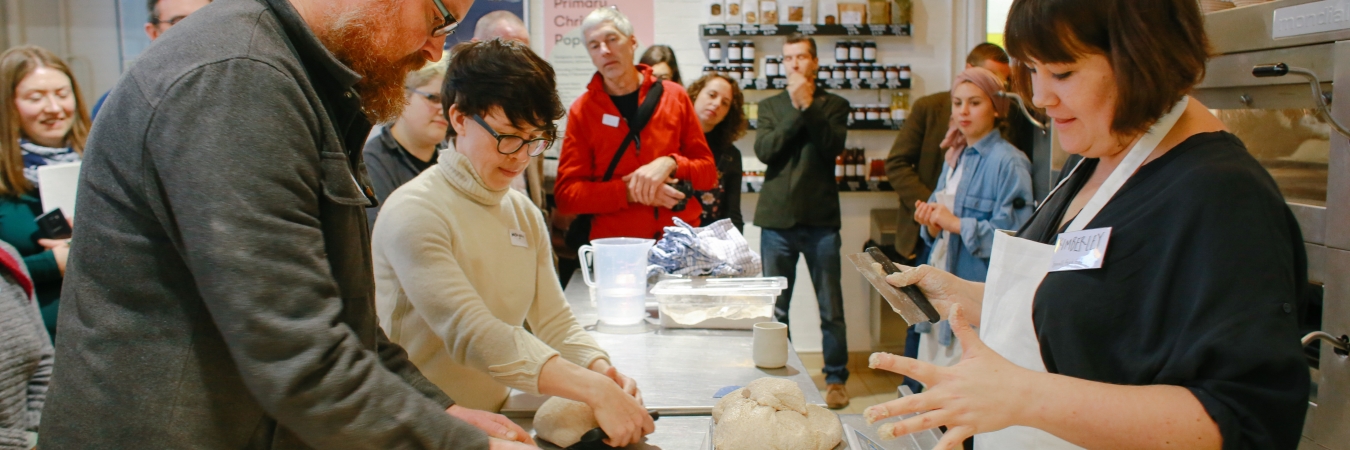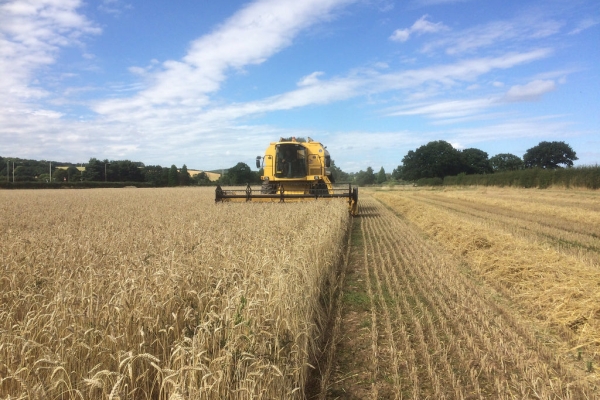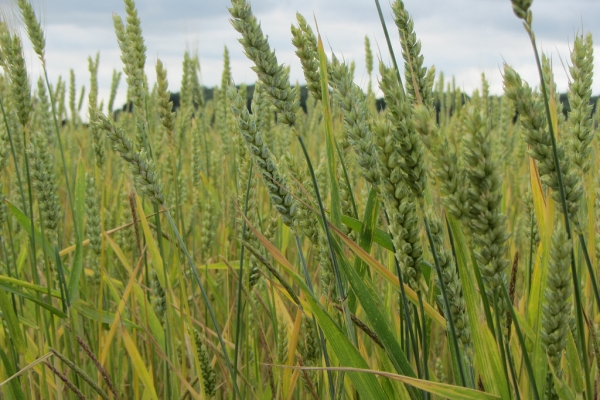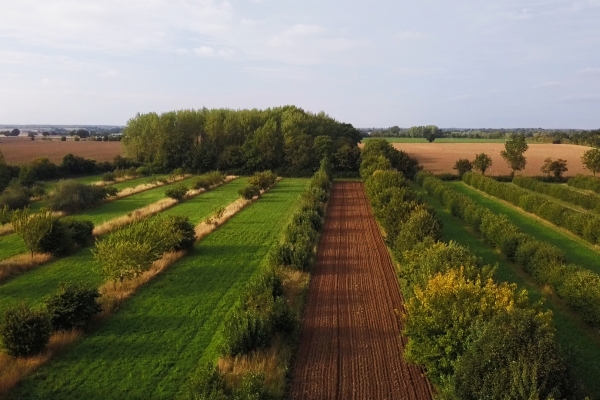Marketing a genetically diverse wheat: YQ in the UK
Practice Abstract No. 40
Resource explained
It has been possible to market the seed of genetically diverse populations of cereal under the EU implementing decision 2014/150/EU. This temporary experiment has now ended and the results published. The use of populations has subsequently been recognised within the new European Organic Regulation (2018/848/EU) yet how this policy will be translated into the UK organic regulation and seed legislation remains to be seen. The work has highlighted that cereal processors are often cautious of the variability found in such populations. Yet, it is necessary for grain markets to develop and create demand for the seed. This short abstract (created as part of the LIVESEED project) outlines a case study in this area that will be useful for farmers who may be interested in growing a genetically diverse cereal crop. It is based on the experience of the ORC Wakelyns Population – a genetically diverse wheat that has been bred under organic conditions in the UK to maximise both yield and quality parameters.
Findings & recommendations
- Find out about the LIVESEED project here, with further details about the use of genetically diverse populations (or Organic Heterogeneous Material) as part of the new EU Organic Regulation here.
- Read a factsheet on (r)evolutionary wheat populations, focusing on the ORC Wakelyns Population here.





